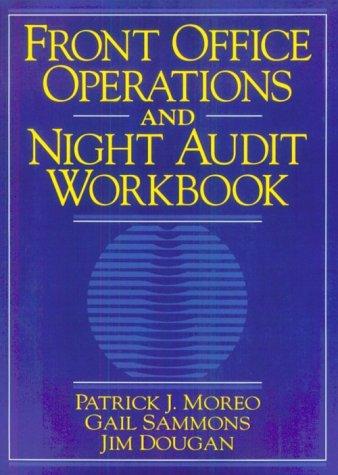Jackson CPA Firm is beginning the audit of Decker Enterprises, Inc., a distributor of lawn care equipment throughout the continental United States. The partner with overall responsibility for the audit has noted that management adheres to very high ethical standards, and expects the corpany employees to do the same. One of Decker's senior management has mentioned to the audit partner that she has noticed not all credit sales are appearing in accounts receivable. Select all statements that accurately describe this scenario. (Select all that apply.) An example of a transaction level control is a strong tone at the top as demonstrated by the firm's senior management. A strong tone at the top as demonstrated by the client's senior management is an example of an entity-level control. The potential issue pertaining to accounts receivable represents an example of a transaction-level control. The issue with accounts receivable and the client's tone at the top are both examples of entity-level controls. Brian and Stella, two audit managers, are discussing the ongoing audit of PipeCo Enterprises, a national distributor of cut and blown glass products. Brian has mentioned to Stella that the management of Pipe Co Enterprlses seems rather aggressive with respect to setting sales goals and other targets. A senior manager with the firm has also confided in Stella that management often override controls put in place to prevent revenue entries being recorded in the incorrect period. Based on these facts, which of the following statements best reflects Brian and Stella's concerns at this juncture of the audit? Brian and Stella will be concerned about management overriding controls related to transactions being recorded in the correct period. They are likely to focus increased audit attention in this area, and will likely now adopt a reliance strategy with less substantive tests of details. Brian and Stella are external auditors, so this information is not something that should be of concern to them. They are likely to pass this information along to the internal audit function, and allow the internal auditors to respond appropriately. Brian and Stella are likely to be concerned that top management is taking this approach, and is also overriding internal controls put specifically in place to prevent certain issues. They are also more likely to form the opinion that transactionlevel controls may be weak. Brian and Stella will most likely respond to these concerns by interviewing senior management and requesting written assurances related to transactions being recorded in the correct period. If management are willing to provide such assurances, this will help indemnify the auditor if any litigation arises. During the audit of FarmHouse Enterprises LLC, a provider of farming and agricultural equipment throughout the Midwestern United States, the external auditors, Mellon CPAs have noted that several internal controls related to the purchases-payable cycle do not appear to be operating as expected. As a result, the auditors have determined that some payables have been paid twice and other payables are overdue. The auditors conclude that key controls that would prevent these errors are not operating as designed. As a result of these findings, the auditors conclude that multiple deficiencies in internal controls exist related to accounts payable. Which of the following choices most accurately reflects the auditors' likely conclusions at this juncture? At this stage, the auditors are most likely to meet with the internal audit function and apprise the function of the deficiencies that have been found. The internal audit function is ultimately responsible for internal control deficiencies and weaknesses, and will have until the conclusion of the audit to fix them. The auditor is likely to request a meeting with the client's senior management, and apprise management that the auditor will issue a disclaimer of opinion on the area of payables. The auditor may conclude that the deficiencies, when taken together, constitute a material weakness, Such a material weakness may mean the client's financial statements are materially misstated. The auditor should document the deficiencies and increase substantive testing in this area, while allowing management and the internal audit function time to fix the deficiencies and weaknesses









